Ever wondered how much protein is actually in that pack of ground beef sitting in your fridge?
I did too. So I dug into the research to figure out exactly how much muscle-building goodness is in each pound of ground beef, how cooking affects it, and what else you’re getting besides just protein.
Spoiler alert: it’s A LOT of protein. And the leaner the beef, the more protein you get.
Let’s break it down.

How Much Protein Is In A Pound Of Ground Beef?
A pound of raw ground beef contains roughly 77 to 84 grams of protein depending on how lean it is.
That’s equivalent to:
- About 13 eggs
- 3 large chicken breasts
- 11 slices of cheese
The protein content varies based on the fat percentage:
- 80/20 ground beef (80% lean, 20% fat): ~78 grams protein per pound
- 85/15 ground beef: ~84 grams protein per pound
- 90/10 ground beef: Even higher protein content
Why the difference? The more fat in your beef, the less protein you’re getting per pound. Fat literally displaces protein by weight.
What Happens To Protein When You Cook Ground Beef?
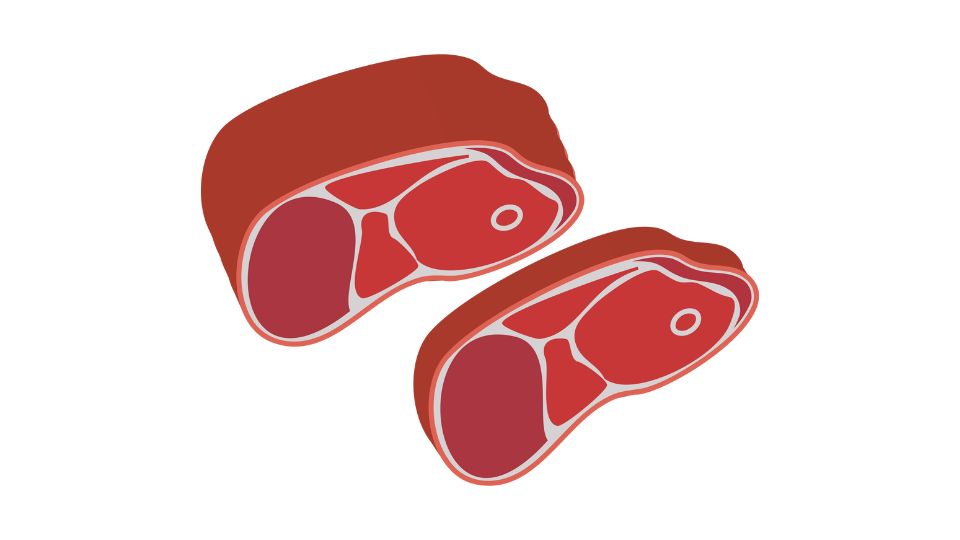
When you cook ground beef, something interesting happens.
The water and fat content decreases (it shrinks), but the protein amount stays almost the same. This means cooked ground beef actually has a higher concentration of protein per ounce than raw beef.
That’s why a 4-ounce cooked serving typically delivers 20-25 grams of protein – perfect for hitting your daily protein goals.
Some people worry that cooking destroys protein, but research shows the protein loss from cooking is minimal. Most of what drips away in the pan is water and fat, not precious protein.
Protein Content By Beef Type
Here’s a quick reference guide for how much protein you’re getting in different types of ground beef:
| Ground Beef Type | Fat % | Protein per Pound (raw) | Protein per 4 oz (cooked) |
|---|---|---|---|
| 80/20 ground beef | 20% | ~78g | ~20g |
| 85/15 ground beef | 15% | ~84g | ~21g |
| 90/10 ground beef | 10% | Higher than 85/15 | ~23g |
| 96% lean grass-fed | 4% | Highest | ~25g |
Fun fact: Grass-fed beef often has a slightly different nutrient profile than conventional beef, with potentially more omega-3 fatty acids and other beneficial compounds.
Beyond Protein: What Else Is In Your Ground Beef?
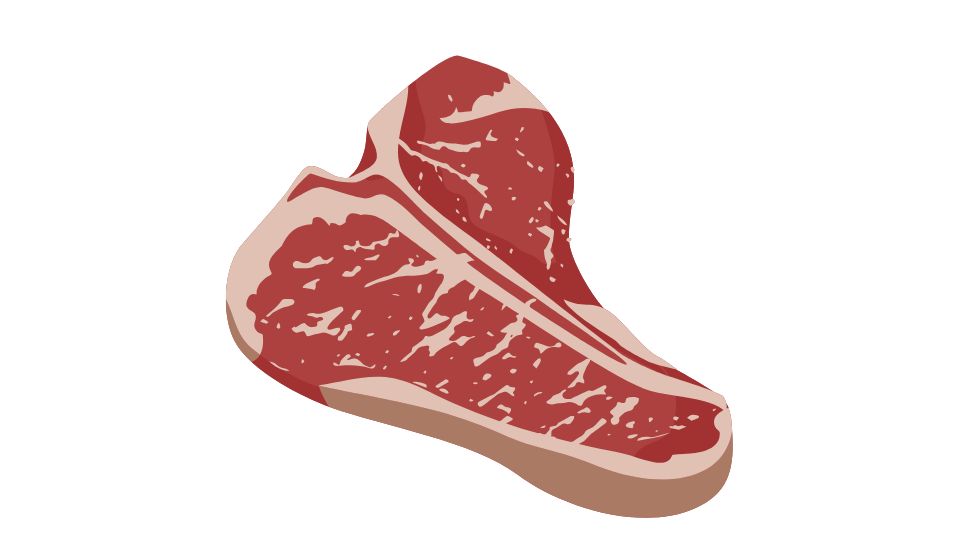
Ground beef isn’t just a protein powerhouse – it’s packed with other essential nutrients:
Vitamins
- Vitamin B12: Crucial for nerve function and energy
- Niacin: Supports metabolism and cell function
- Riboflavin: Important for growth and red blood cell production
Minerals
- Iron: Essential for oxygen transport (and it’s the highly absorbable heme-iron)
- Zinc: Critical for immune function and wound healing
- Selenium: Acts as an antioxidant in the body
Other Nutrients
- Creatine: Helps supply energy to cells, especially muscles
- Carnosine: An antioxidant that helps muscle function
- Conjugated Linoleic Acid (CLA): A fatty acid with potential health benefits
Using This Information For Your Diet
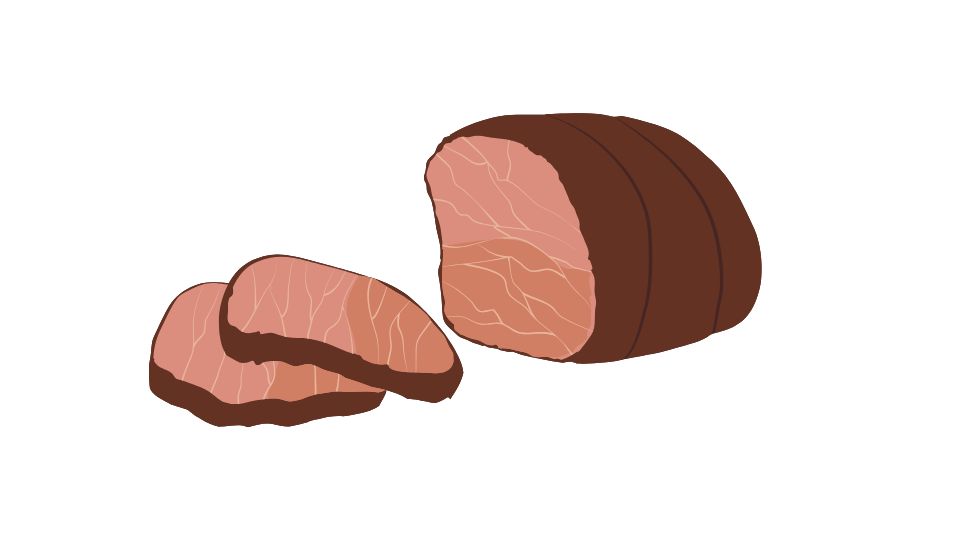
Now that you know how much protein is in ground beef, how can you use this info?
If you’re trying to build muscle, a 4-ounce serving of cooked ground beef gives you a solid 20-25g protein dose – perfect for a post-workout meal.
If you’re on a high-protein diet for weight loss, leaner beef (90/10 or 93/7) will give you more protein per calorie.
For general health, beef provides complete protein with all essential amino acids your body needs but can’t make on its own.
Tracking protein intake is easier than ever with tools like meal tracking apps. These let you log what you eat and automatically calculate your protein, fat, and carb intake – no math required! Just text what you eat and the tracking happens automatically.
The Bottom Line On Beef Protein
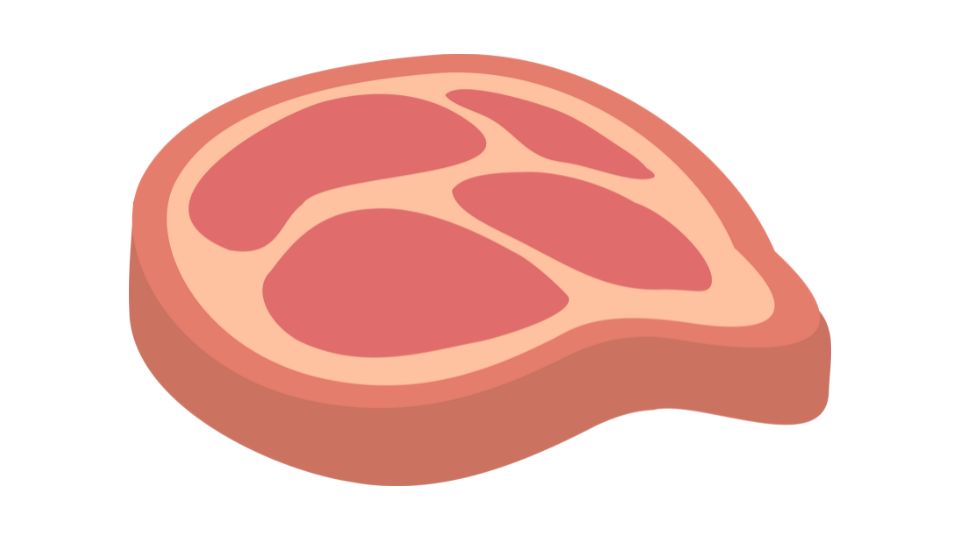
- A pound of raw ground beef packs 77-84g of protein depending on how lean it is
- Cooking concentrates the protein (water and fat cook out)
- A 4-ounce cooked serving provides roughly 20-25g protein
- Leaner beef = more protein per ounce
- You’re also getting important vitamins, minerals, and other nutrients
So next time you’re making burger patties, tacos, or bolognese sauce, you can feel good knowing you’re loading up on high-quality protein that delivers all the essential amino acids your body needs.
And if you’re tracking your protein intake, now you know exactly what to log.



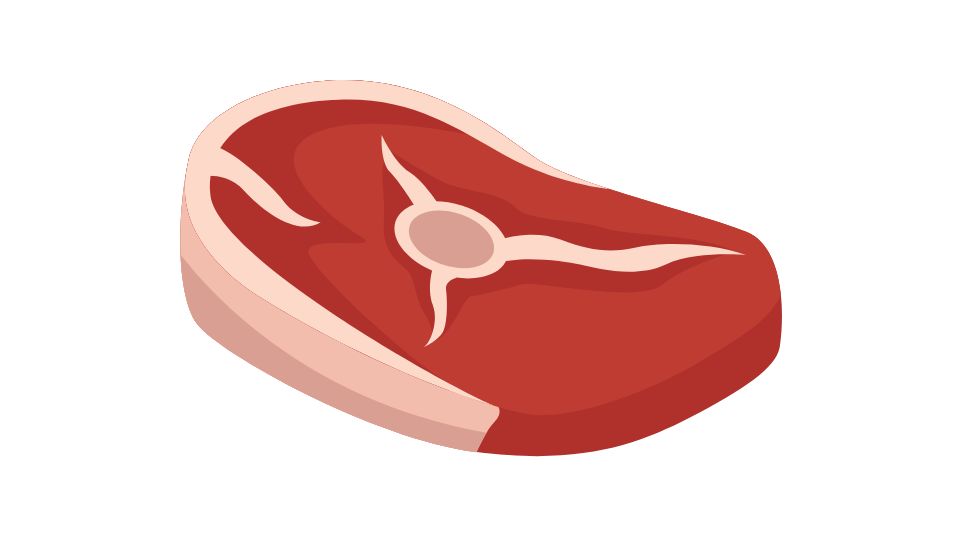
Leave a Reply